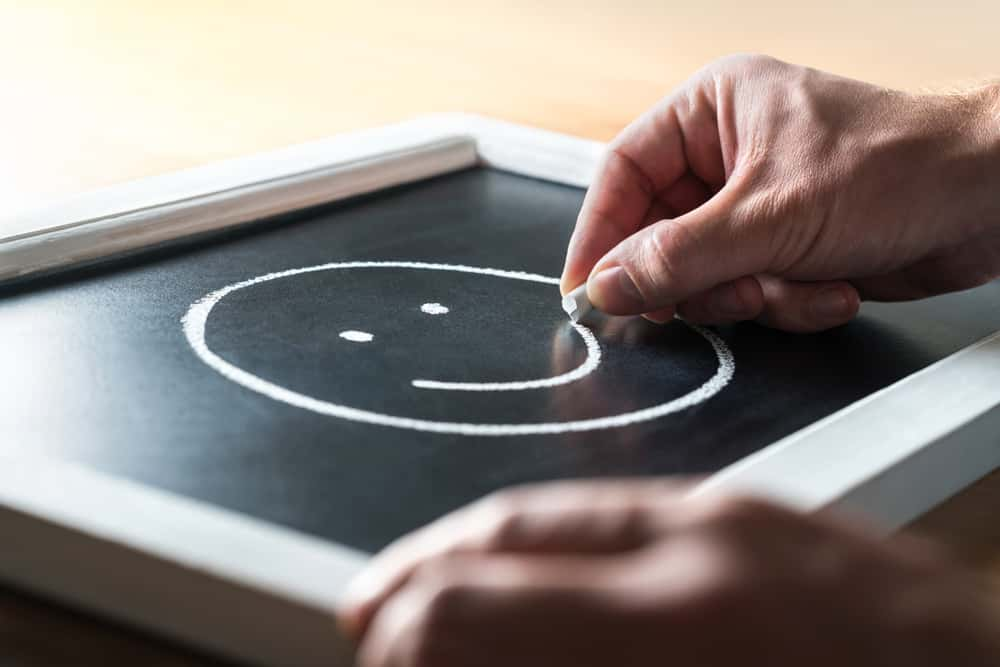How to Break Bad Habits

Every one of us, at some point, has grappled with a bad habit, be it nail-biting, procrastinating, or something more detrimental like smoking. Understanding the psychology behind these behaviors can provide crucial insights into breaking them.
So, let's dive deep into the mechanisms of habits and the steps to bid them goodbye. Find out just how long it takes to break a bad habit, and how you can better prepare yourself for a quicker recovery.
The Science of Habit Formation
Habits form in the brain's basal ganglia, a region involved in developing emotions, memories, and pattern recognition. A loop gets initiated, consisting of a cue, routine, and reward. Over time, as this loop reinforces, the behavior becomes automatic.
According to a study published in the European Journal of Social Psychology, on average, it takes 66 days to form a new habit, though this can vary.
Identifying the Trigger
 Zamrznuti tonovi, Shutterstock
Zamrznuti tonovi, Shutterstock
Every habit has a cue or trigger. This might be an emotional state, a time of day, or a specific environment. Recognizing these triggers is the first step in breaking the cycle.
Journaling or mindful introspection can be effective tools in this phase.
Replace, Don't Erase
Simply trying to stop a behavior often isn't effective. Instead, replacing the negative behavior with a positive one utilizes the existing habit loop but changes the routine.
For instance, if stress triggers smoking, one might try deep-breathing exercises or a quick walk when the urge hits.
Accountability and Social Support
 Andrea-Piacquadio, Adobe Stock
Andrea-Piacquadio, Adobe Stock
Sharing your goal to break a bad habit can make a difference. According to the American Society of Training and Development, committing to someone increases your chance of success by 65%. If you have a specific accountability appointment with that person, the chance of success increases to 95%.
Visual and Tangible Reminders
Visual cues can act as reminders of your commitment. Whether it's a motivational quote, a progress tracker, or even a rubber band on your wrist, these can help reinforce your new behavior choice.
The Power of Incremental Goals
Rome wasn't built in a day, and habits aren't changed overnight. Setting small, achievable goals can build momentum.
Celebrating these milestones can release dopamine, a neurotransmitter associated with pleasure, reward, and motivation.
Avoiding Temptations
Environmental restructuring can play a massive role in habit-breaking. If you're trying to eat healthier, remove junk food from your pantry. Or if screen time is your nemesis, keep electronic devices out of the bedroom.
Self-compassion and Patience
Change is hard, and setbacks can occur. Instead of indulging in self-criticism, which can demotivate, practicing self-compassion can be a game-changer.
A study in the Journal of Research in Personality found that individuals who treated themselves with kindness and understanding were more likely to resume their habit-breaking journey after a lapse.
Sign Up For Our Newsletter
Stories that matter — delivered straight to your inbox.
The 21/90 Rule
Many believe it takes 21 days to break a habit and 90 days to create a new lifestyle. While the exact timeframe can vary, this rule underscores the importance of consistent effort and the fact that breaking habits is a marathon, not a sprint.
Professional Help
Sometimes, a habit might be deeply ingrained or associated with psychological distress. In such cases, seeking professional counseling or therapy can provide tailored strategies and coping mechanisms.
Final Thoughts
Breaking bad habits is no easy feat, but with understanding, strategy, and persistence, it's entirely achievable. By tapping into the psychology of habits and leveraging proven techniques, we can pave the way to healthier and more fulfilling lifestyles.










